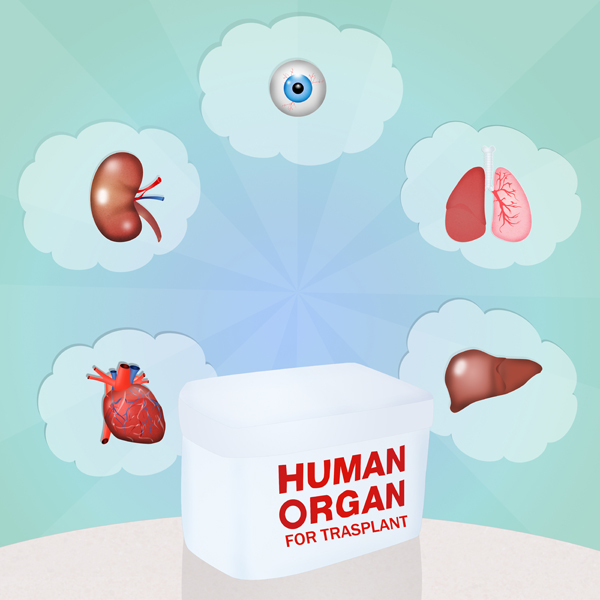A group of studies conducted by researchers at Rutgers University in collaboration with the University of California Los Angeles (UCLA), found that making decisions about who should receive an organ transplant depended on the way a patient’s information was presented. The results were published in the journal, Psychological Science.
“The most efficient way to allocate those kidneys is to give all six to the people with the best chance of a successful transplant,” says Gretchen Chapman, professor of psychology in the School of Arts and Sciences at Rutgers. “But that’s not always how it works. It depends on how you frame the choices.”
The first study was designed such that half of the study participants were shown two distinct groups of transplant candidates containing six fictional patients each. The study participants were provided with the personal information – a picture and a name – for each of the patients. The patients were separated into two groups; one group contained patients labelled as having a poor chance of transplant success, while the other group was composed of individuals with a good chance of transplant success.
The other half of the study participants were shown the same two groups of six fictional patients each, but they were given personalized information about each patient’s prognosis. Sixty-five percent of the study participants who were given the unique prognosis for each patient, was able to choose the most efficient way of distributing the available organs, thereby giving the organs to the patients who would most benefit from the transplant. In contrast, only 46 percent of the participants who were given the broad group-wide information on predicted success of transplant, were able to assign the organs to the best patients.
In a subsequent second and third study, the researchers found that participants were less efficient when dolling out the organs to patients organized into groups, as opposed to looking at all of the candidates individually. “It’s as if people said, ‘Ooooh, groups! We should spread the resources around,’” said Chapman.
The study coordinators wanted to test if providing personal information about each patient, would have an effect on the choices the participants made in terms of organ allocation. In this second study, half of the participants saw the names, ages and pictures for each of the transplant candidates, while the other half of the participants were provided with anonymous information, with each patient receiving a number designation. The results showed that the addition of the personal information complicated the allocation of organs.
In the third and final arm of the study, the participants were given a chance to provide their reasoning behind the decision to give or withhold an organ from a particular patient. The researchers found that whenever the patients were organized into groups, the participants wanted to share the wealth and ensure that both groups were allocated a portion of the available organs.
In addition, study participants who were provided with the fictional personal information, often explained their allocations by saying that a younger person is more deserving of an organ compared to an older patient, even if that older patient had a better prognosis. According to Chapman, “People might say, ‘Well, I know the young guy has a poor prognosis, but he’s young, so if the transplant works, he’ll get years of use out of the kidney, so I’m giving him a kidney.’”
According to the US Department of Health and Human Services, approximately 123,000 people are currently on the transplant list across the US. It’s estimated that 21 of these individuals die each day while waiting for their new organ.
These statistics put even more importance on ensuring that decisions regarding organ allocation, are made in the most efficient way possible to maximize benefits to those patients with the best predicted outcomes. Chapman and her colleagues have plans to continue the research, and determine whether or not grouping patients can ever have a positive effect on transplant organ distribution.
Sources:
- Who gets a transplant organ? – http://www.sciencedaily.com/releases/2015/09/150902160344.htm












Join or login to leave a comment
JOIN LOGIN